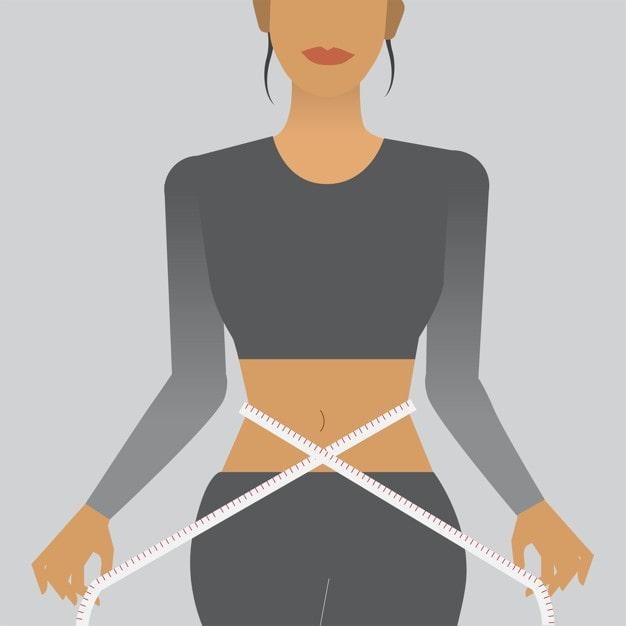Rumination Disorder: The Unheard Eating Disorder You Need To Know About

Commonly affecting infants, toddlers, and adults, rumination syndrome or disorder is a rare yet chronic eating disorder that makes people regurgitate food. Regurgitation isn’t like vomiting – it is not forced from the mouth – regurgitated food may be re-chewed or spit out.
Rumination disorder involves bringing up the previously ingested food back up to spit out or re-chewed.
In infants, rumination disorder doesn’t necessarily need medical interference but the condition can continue into later years. Children and adults with learning or developmental disabilities are more commonly diagnosed with this disorder.
In other eating disorders such as bulimia nervosa and anorexia nervosa, self-induced vomiting is a common symptom but in rumination disorder, the vomiting or the regurgitation is automatic and, in some cases, a reflex.
Also Read: Long Term Effects Of Bulimia Nervosa: Things You Should Keep In Mind
Rumination Disorder: Symptoms

Some of the signs and symptoms of rumination disorder can be:
- Regurgitating or re-chewing food
- Indigestion and stomach problems
- Bad breath
- Tooth decay
- Weight loss
- Dry mouth or chapped lips
The signs and symptoms of this disorder are pretty much similar in both toddlers and adults, however, adults are more likely to spit out the food while toddlers are more likely to re-chew the food.
Causes Of Rumination
The evidence of why this disorder occurs is unknown but it is speculated that some people might develop this syndrome if they are going through some developmental delays or emotional distress.
Another cause can be; an increase in abdominal pressure. This disorder can be confused with bulimia nervosa, GERD (Gastroesophageal Reflux Disease), or any other gastro-related diseases.
People with chronic or reoccurring anxiety disorders, depressive disorders, or psychiatric disorders are also prone to this disorder.
Rumination Disorder: Diagnosis

Rumination disorder can be diagnosed by a doctor via a physical examination. To be diagnosed with rumination syndrome, the patient must show the symptoms – specifically regurgitating – for at least 3 months.
According to the DSM-5, the patient must meet the following to be diagnosed with rumination disorder:
- Regurgitating food for at least a month. This includes re-chewing, re-swallowing, or spitting up food.
- Regurgitation isn’t because of a gastrointestinal condition or any other medical health issue.
- The disorder does not occur with other eating disorders such as anorexia nervosa, bulimia nervosa, binge-eating disorder (BED), or restrictive food intake disorder.
- If the disorder is occurring with another mental health disorder, the symptoms are severe enough to seek treatment. For example; intellectual or learning disabilities.
A doctor may also ask for additional tests such as:
- Gastric emptying test: To help the doctor determine how long it takes for the stomach to empty food.
- Upper endoscopy: To help the doctor examine the esophagus and stomach to see for potential blockages or obstructions.
- Stomach or esophagus x-rays.
Rumination Disorder: Treatment

Treatment for rumination may differ for people depending on their age groups and developmental abilities.
One of the major treatments for this disorder is a behavioral therapy that is usually combined with diaphragmatic breathing. Diaphragmatic breathing helps prevent regurgitation and abdominal constrictions. Biofeedback is also a part of behavioral therapy for this disorder.
Certain prescribed medications can also help with regurgitation and abdominal cramps. Although, it is recommended that you speak with your doctor before taking any medications.
Suggested Read: Everything You Must Know About Eating Disorder Therapy
Complications Associated With Rumination
If not diagnosed and treated properly, rumination disorder can create complication such as:
- Unhealthy weight loss
- Malnutrition
- Growth impediment
- Electrolyte imbalance
- Dehydration
- Tooth erosion
- Embarrassment
- Social isolation and withdrawal
Outlook
While the diagnosis for rumination syndrome/disorder can be difficult, it can be helpful. Treating this eating disorder isn’t easy as there is not much evidence and studies on this disorder but the available treatment options can be effective.
One of the good things about this disorder is that it doesn’t do much physical damage, although, in teens and adults it might cause some weight loss.
Many people living with rumination disorder live healthy and normal lives. However, if you or your loved one shows signs and symptoms of rumination disorder, then it is recommended that you consult with a healthcare provider. You can also write to us at info@calmsage.com for more information.
There are social support groups for people struggling and coping with eating disorders. You can find them here.
Suggested Read: A Small Guide for Recovering from Eating Disorder
Dealing with any disorder is challenging and not an easy journey but with the proper help and treatment, it can be manageable.
Stay well, stay safe!




















